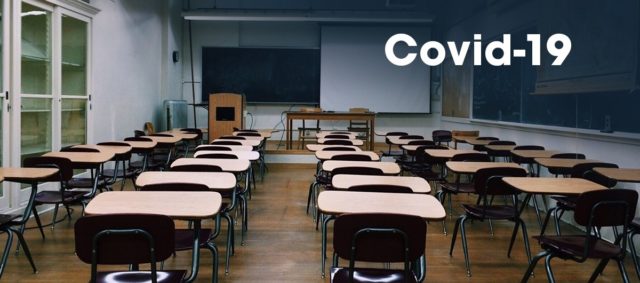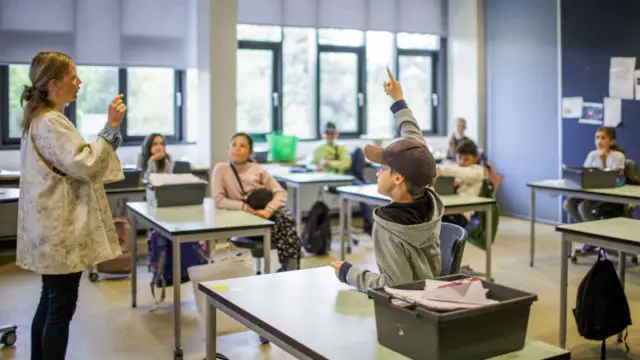
In the midst of the Coronavirus Pandemic, at least 13 protocols are ready by the Ministry of Public Education (MEP), for the return to face-to-face classes, which is planned for next August.
Some of the protocols have to do with the use of masks, recesses, a maximum of 10 students per classroom, the one related to differentiated entrance and exits, among others.
Although the Ministry reports a total of 4,471 educational centers, those located in districts or cantons with an orange alert are the ones that for the time being will not be returning students to the classroom.
According to Guiselle Cruz, head of the MEP, a return to classes with the best conditions is sought in the new “normality” that must be implemented throughout society.
Starting next July 13th, teachers will begin exhaustive training on protocols, to comply with their application. The education minister previously said that those teachers, as well as students with risk factors, will continue with distance learning, to avoid their exposure to the spread of the new Coronavirus.
To determine which schools will return, a technological tool was developed where Principals enter data on variables such as infrastructure, access to drinking water, internet access, among others. However, until last week, only half of the Principals had completed the information.
Since March 18th, when the national emergency was declared, the physical classroom course was suspended and gave way to virtual lessons, although, the Ministry records that only 50% of students have access to the Internet.
Lag until 2022

The MEP estimates that it will not be until 2022 when it will be possible to academically level-out the students, according to the contents that have not been learned by the educational community due to the Pandemic.
For example, those who entered first grade in 2020, next year their teachers must retake reading and writing. However, students had the opportunity to advance in this period; therefore, teachers and students should be reviewed, diagnosed, monitored, and accompanied in the coming years.
Cruz assured that it is not a matter of controlling the teachers, but of knowing what learning they have been able to give in this time to be clear about what should be reinforced in the coming years.
About those in the last grade, the Minister recognized that universities must make an effort to recognize the profile of the student body, which was affected by the Pandemic and by a teachers’ strike for three months in 2018, within the framework of the approval of the Law of Strengthening Public Finances.
The evaluation
Regarding the evaluation, Cruz explained that the accumulation of numbers to obtain a grade will not be possible, due to the absence of exams, assignments, classwork, or extra-classes without evaluation.
Cruz pointed out that currently, you cannot think of homogeneity of the student body, due to the differences in Internet access, among others, therefore, the “conditions” cannot be the same for the entire student community, so the MEP must collect data on the levels of school exclusion.

